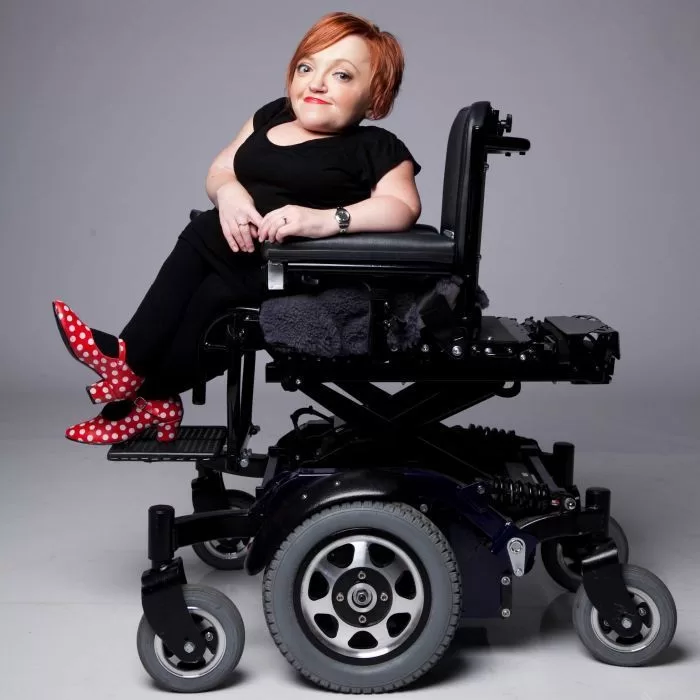Updated on August 20, 2024

What is epilepsy?
Epilepsy is a condition where people have recurring seizures. Seizures are brief episodes of involuntary movements that can affect just a part of the body or the whole body. They happen because there’s unusual electrical activity in the brain.
Symptoms of epilepsy
Symptoms of epilepsy can vary, but they typically include:
- Seizures: Sudden, uncontrolled movements or convulsions affecting a specific part or the entire body.
- Loss of awareness or consciousness: Some seizures cause staring or unresponsiveness.
- Strange sensations or emotions: Before seizures, people may feel déjà vu, fear, or tingling.
- Temporary confusion: After seizures, individuals may feel confused, tired, or have difficulty speaking.
- Uncontrollable jerking movements: Sudden, uncontrollable movements of the arms and legs during seizures.
- Loss of bowel or bladder control: This can happen during seizures in some cases.
Note that symptoms vary widely among individuals, and not all seizures cause convulsions. Each person’s experience with epilepsy depends on the type and frequency of seizures they have.
Is epilepsy considered a disability in Australia?
Yes, epilepsy is considered a disability in Australia based on specific criteria that assess its impact on daily life, work, and education.
According to Australian law, especially under the Disability Discrimination Act 1992 and related legislation, epilepsy qualifies as a disability if it substantially limits a person’s ability to participate in normal activities for at least six months or is expected to do so.
Not all individuals with epilepsy meet the criteria for disability status. However, those whose epilepsy significantly impacts their daily routines and societal involvement can access legal protections and support systems.
These are designed to ensure they receive fair treatment, accommodations where necessary, and opportunities for equal participation in society.
Determining whether epilepsy qualifies as a disability involves considering factors such as the frequency and severity of seizures, whether they are partial or generalized, and their physical and emotional effects on the individual.
For example, if seizures occur frequently and severely enough to disrupt employment, schooling, or social engagement, epilepsy may be classified as a disability.
Legal support for individuals with epilepsy
Legal support for individuals with epilepsy in Australia is primarily provided through specific legislation designed to prevent discrimination and ensure equal rights.
Here are the key aspects of this legal support:
- Disability Discrimination Act (DDA) 1992: This federal law prohibits discrimination against individuals with disabilities, including epilepsy.
- Reasonable Accommodations: Employers and educational institutions are mandated under the DDA to make reasonable adjustments or accommodations to support individuals with epilepsy in their workplaces or educational settings.
- Education Standards: The Disability Standards for Education 2005 set out obligations for educational institutions to guarantee equal access to educational opportunities for students with disabilities, such as epilepsy.
- Fair Work Act 2009: This legislation safeguards employees with epilepsy from discrimination in employment contexts, ensuring they are treated fairly and equally.
- Legal Aid and Advocacy: Legal aid services offer support to individuals with epilepsy facing legal challenges related to their condition, providing advice, representation, and advocacy.
- Human Rights Protections: The Australian Human Rights Commission offers guidance and support on disability rights, including epilepsy. They handle discrimination complaints and advocate for fair treatment of individuals with epilepsy under human rights laws.
These legal frameworks aim to empower individuals with epilepsy, enabling them to participate fully in society, access opportunities, and receive equitable treatment under Australian law.
Can epilepsy be cured?
Epilepsy can’t usually be cured, but it can often be controlled with treatment. The main aim is to reduce seizures and lessen their impact on daily life rather than getting rid of the condition entirely.
Treatment options include medications, surgery, and sometimes dietary changes or devices like vagus nerve stimulators.
The effectiveness of treatment varies based on the type of epilepsy, how well someone responds to medication and other factors.
People with epilepsy must collaborate closely with healthcare providers to find the most effective treatment plan for their individual needs.
Is epilepsy an auto-immune disease?
No, epilepsy is not typically classified as an autoimmune disease. Epilepsy is a brain disorder where abnormal electrical activity triggers recurring seizures. It is generally considered a disorder of the nervous system rather than an autoimmune condition.
Autoimmune diseases happen when the immune system mistakenly attacks the body’s own tissues, causing inflammation and damage.
Does epilepsy run in families?
Yes, epilepsy can run in families, indicating a genetic predisposition to the disorder.
Studies have shown that certain types of epilepsy have a genetic component, meaning they can be inherited from parents.
If a person has a close relative such as a parent or sibling with epilepsy, their risk of developing the condition may be higher compared to the general population.
However, it’s important to note that not all cases of epilepsy are inherited.
Aside from genetics, other factors such as brain injuries, infections, developmental disorders, and structural abnormalities in the brain can also contribute to the development of epilepsy in individuals.
Conclusion
Although epilepsy isn’t officially classified as a disability in Australia, it often meets disability criteria. People with epilepsy encounter significant challenges in their daily lives, work, and well-being. Recognizing the complexity of this condition is crucial for providing adequate support and enhancing the quality of life for those affected. Continuous awareness and education are essential to improve accommodation and care for individuals living with epilepsy.
Looking for reliable and trustworthy care services?
At Centre Disability Support, we offer tailored support services for individuals with disabilities throughout Australia. We offer housing options in Logan, Ipswich and Brisbane areas, where we provide independent supported living or assist individuals in finding suitable options for individualised living.
Additionally, we provide day-to-day support for individuals with mental health issues, complex behaviour and other types of disabilities. We also have support coordinators available to assist with planning, navigating NDIS plans, and offering casework support.
Whether you’re seeking support for yourself, or a loved one, or simply wish to learn more about our services, we’re here to help.
MORE FROM CENTRE DISABILITY SUPPORT
IS SEIZURE DISORDER A DISABILITY IN AUSTRALIA?
How to Support Someone with Intellectual Disability
IS PMDD A DISABILITY IN AUSTRALIA?
Is Endometriosis a Disability in Australia?
Is Bipolar Disorder a Disability?
IS ANKYLOSING SPONDYLITIS A DISABILITY IN AUSTRALIA?
IS FIBROMYALGIA A DISABILITY IN AUSTRALIA?



